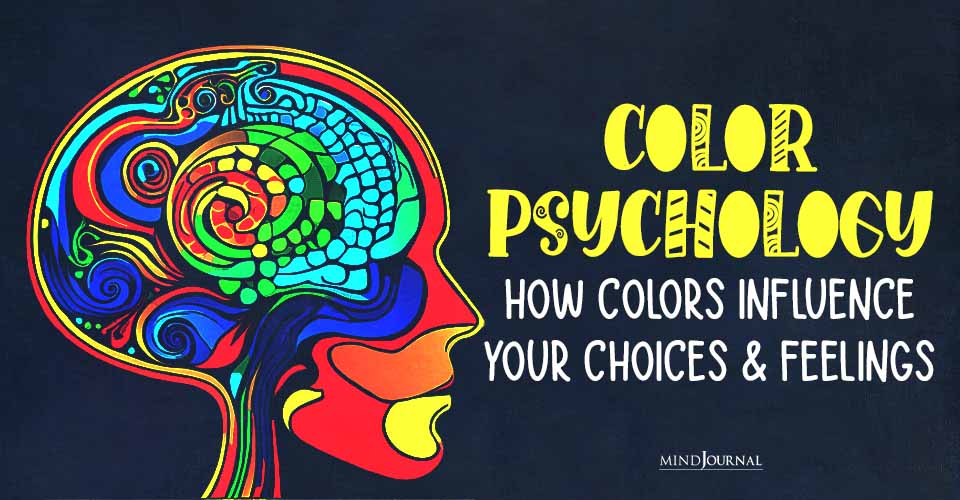Your nervous system is the foundation of your health, so it’s important to take care of it! If you want to support your nervous system and help it heal, there are some simple, everyday things you can do that’ll make a big difference.
Read on to know more about the 7 simple things you can do to heal your nervous system and keep it happy and healthy.
Why is nervous system regulation important?
The nervous system controls and coordinates all bodily functions, including movement, sensation, and cognition. Nervous system regulation is essential for maintaining overall health and well-being.
Those who live with chronic nervous system dysregulation may be impacted negatively in many ways, including anxiety, depression, and chronic pain. This is why it’s important to understand how to heal and regulate the nervous system.
Related: 10 Ways To Stimulate Your Vagus Nerve for Better Physical and Mental Health
7 everyday things you can do to support your nervous system regulation
1. Spend time with people you love.
Spending quality time with loved ones can benefit your mental and emotional well-being. It can help reduce stress and anxiety, promote happiness, and strengthen relationships.
When you spend time with people you love, your brain releases feel-good hormones like oxytocin, which can help regulate your nervous system and promote relaxation.
Engaging in activities you enjoy with loved ones, such as walking or sharing a meal, can also help distract you from your worries and promote positive feelings.

2. Look for reasons to be thankful.
Gratitude is a powerful tool for soothing your nervous system and reducing stress levels. As I stated above, when you feel grateful, your body releases hormones such as oxytocin, which helps to calm your nervous system.
Additionally, focusing on the positive aspects of your life can help you shift your perspective to reduce feelings of anxiety and overwhelm.
By cultivating a regular gratitude practice, you can train your brain to be more resilient in the face of stress and uncertainty.
3. Laughter
Laughter reduces stress and anxiety levels. When we laugh, our bodies release endorphins, which are natural painkillers and mood boosters.
Also, laughter has been shown to stimulate the release of certain chemicals in the brain that can help reduce feelings of stress and anxiety. Look for and create reasons to laugh every day. After all, as they say, laughter is the best medicine.
Be light, be playful, be joyful. Avoid getting worked up over things that don’t matter in the big scheme of things. Cultivating this energy will help keep you relaxed, regulated, and at peace.
4. Become a “Hugger”
When we hug someone, our brains release oxytocin, a hormone that helps reduce stress and promotes relaxation. This can help lower blood pressure, decrease heart rate, and improve overall feelings of well-being.
Additionally, the pressure and warmth of a hug can activate the body’s parasympathetic nervous system, which is responsible for calming the body and reducing feelings of anxiety.
Hug your loved ones daily, and when you do so, hold the embrace for at least thirty seconds. This is about how long the body takes to release those feel-good hormones.
Related: 4 Mantras To Stop Anxious Thoughts
5. Cry it Out
By crying, we can release stress hormones from our body, helping to reduce their impact on our nervous system and promoting relaxation.
When you feel the tears build, whether it’s tears of joy, sadness, or anger, let them come. It’s your body’s way of releasing these heavy energies. Cry hard and cry often.

6. Get Outside
Spending time outdoors can have a positive impact on the nervous system. Research has suggested that spending time in nature can help regulate the nervous system, reduce stress, and improve mood.
Specifically, exposure to natural light and fresh air can help regulate the production of hormones such as cortisol and melatonin, which play a key role in regulating the circadian rhythm and sleep-wake cycle.
Additionally, engaging in physical activities such as walking, hiking, or gardening can help release endorphins, reducing feelings of pain and improving overall well-being.
7. Breathe Deep
Breath is a powerful tool we all have access to. When you breathe deeply, you activate the parasympathetic nervous system, which is responsible for the body’s rest and digest response.
This helps slow down your heart rate, lower blood pressure, and decrease muscle tension, contributing to relaxation and calmness.
Additionally, deep breathing can increase the amount of oxygen in your bloodstream, which can help to reduce stress and anxiety.
Overall, deep breathing can be a simple and effective way to help regulate your nervous system and promote feelings of relaxation and well-being.
Tune into your breath throughout the day and intentionally draw deeper, nourishing breath into the body to help support you consistently.
I hope this post has gotten you thinking about incorporating some of these nervous system regulation tips into your everyday life.
With consistency and intentionality, you can create habits around these suggestions, and little by little, you will heal your nervous system so that it doesn’t require so much of your attention any longer.
Related: The Science Behind Yoga And Stress
You step out of survival mode and into thriving mode, which will help you feel good and cultivate more energy and vitality so that you are mentally and emotionally equipped to deal with life’s challenges.
Of course, if you feel like you need additional support, healing the nervous system is something I specialize in. Pop over to my “Coaching & Services” page to schedule a free discovery call with me today!!
I love you all soooo much!!
Kelly
Written By Kelly Bramblett
Originally Appeared On Kelly Bramblett










Leave a Reply